US President Donald Trump's new policies on the chip industry will impact Vietnam in more positive than negative ways.
US President Donald Trump's new policies, including restrictions on AI chip exports, consideration of repealing the CHIPS Act and tariff tensions with countries, are having a strong impact on the global semiconductor industry.
However, for Vietnam, this could be a great opportunity to expand its role in the international supply chain and promote the development of the domestic semiconductor industry.
Vietnam has advantages in the volatile context of the semiconductor industry
According to Dr. Vo Xuan Hoai, Deputy Director of the National Innovation Center (NIC, Ministry of Planning and Investment), the new policies of the US President Donald Trump administration, as well as previous administrations, are all aimed at reshaping the global semiconductor supply chain.
“The US wants to bring high-tech chip lines back to domestic production, but for other segments, they still maintain cooperation with partners, including Vietnam ,” said Dr. Vo Xuan Hoai.
Speaking with VietNamNet, the Deputy Director of the National Innovation Center said: " Cooperation between Vietnam and the US, including the semiconductor and innovation sectors in general, is not affected, or has not been affected at present ."

This US restructuring of the supply chain could help Vietnam attract more FDI enterprises and encourage domestic enterprises to participate more deeply in the semiconductor sector.
Thanks to that, Vietnam has the opportunity to develop chip design, packaging and testing businesses - areas that are not under the strict control of the US government.
" As predicted by the Prime Minister, there may be a trade war this year. This is a difficulty for Vietnam, but the advantages seem to outweigh it. Thereby, it will stimulate Vietnam to develop private enterprises and domestic enterprises capable of participating deeply in the global supply chain ," the leader of the National Innovation Center analyzed.
One of the impacts of the trade war is the shift of production from China to other countries, of which Vietnam is one of the attractive destinations.
As big tech companies look to diversify their supply chains, Vietnam can take advantage of this opportunity to develop domestic semiconductor businesses.
In the context of escalating trade tensions, Vietnam needs to create conditions for domestic enterprises to participate more deeply in the supply chains of FDI enterprises operating in Vietnam.
This not only helps reduce dependence on imports but also enhances domestic production capacity.
Vietnam's semiconductor strategy remains suitable for the new situation
Mr. Vo Xuan Hoai said that Vietnam has a systematic semiconductor industry development strategy until 2030, with a vision to 2050, with clear goals.
This includes promoting Vietnamese enterprises to participate in chip design, attracting investment in chip packaging and testing, and developing human resources in semiconductors.
According to Dr. Vo Xuan Hoai, the US is currently in great need of high-quality human resources in the semiconductor field. They also highly appreciate the capacity of Vietnamese engineers.
Continued investment in human resource training not only gives Vietnam an advantage in cooperation with the US but also creates a solid foundation for the domestic semiconductor industry.

Regarding attracting investment in chip packaging and testing, this is a field in which Vietnam has an advantage and is not under strict control of the US government.
Technological infrastructure, preferential policies and support programs for high-tech enterprises have created a favorable environment for Vietnam to attract investment in this field.
In Vietnam, chip design is one of the fields with great potential and is attracting many startups as well as Vietnamese experts from abroad to return home to start businesses.
Vietnamese enterprises are increasingly participating in chip design, packaging and testing, creating a premise for the sustainable development of the industry.
From the above comments, the Deputy Director of the National Innovation Center said that although US policy is moving towards tighter control of high-end semiconductor technologies, Vietnam still has many opportunities for development in the lower segment.
According to Mr. Hoai, in the next 5 years, Vietnam can completely expand its production capacity and apply semiconductor technology in fields such as AI and high technology, without facing major obstacles from the US government's new policy.
“ Vietnam is planning to build a small-scale chip factory to serve the long-term development of the industry. This is an important step to help us improve domestic production capacity and gradually participate more deeply in the global supply chain ,” Dr. Vo Xuan Hoai shared.
In the current context, changes in the policies of the Donald Trump administration pose challenges for the global semiconductor industry, but for Vietnam, this could be an opportunity to promote the development of domestic enterprises, attract investment and expand its role in the supply chain.
With a clear strategy, strong support policies and human resource advantages, Vietnam can fully take advantage of the new context to rise in the semiconductor industry.
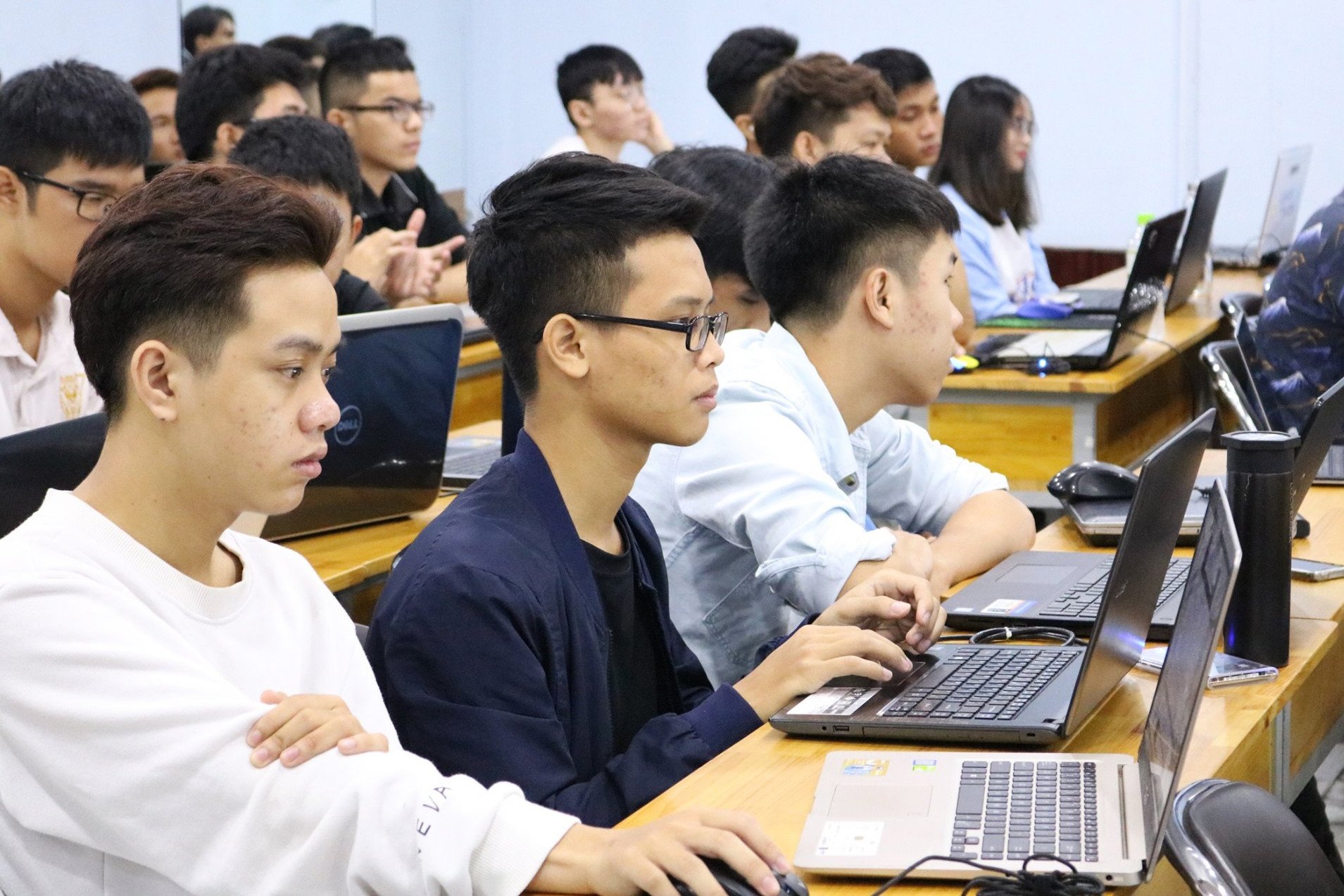
Source: https://vietnamnet.vn/nganh-chip-viet-huong-loi-tu-chinh-sach-cua-tong-thong-trump-2369889.html































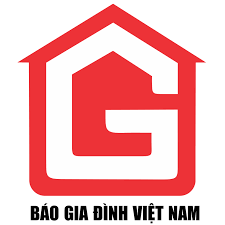


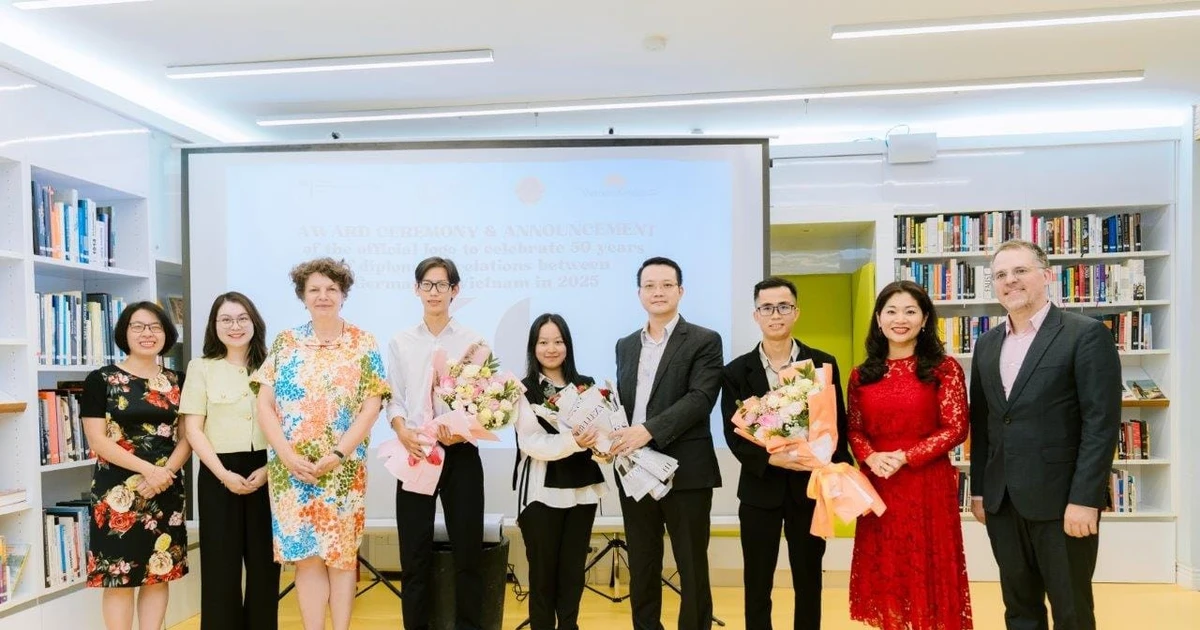







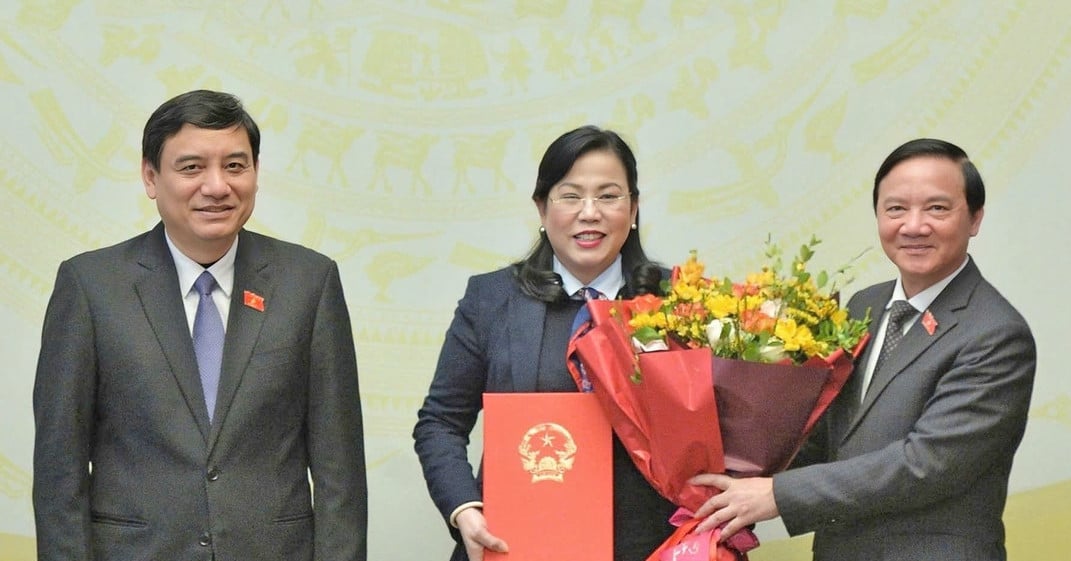




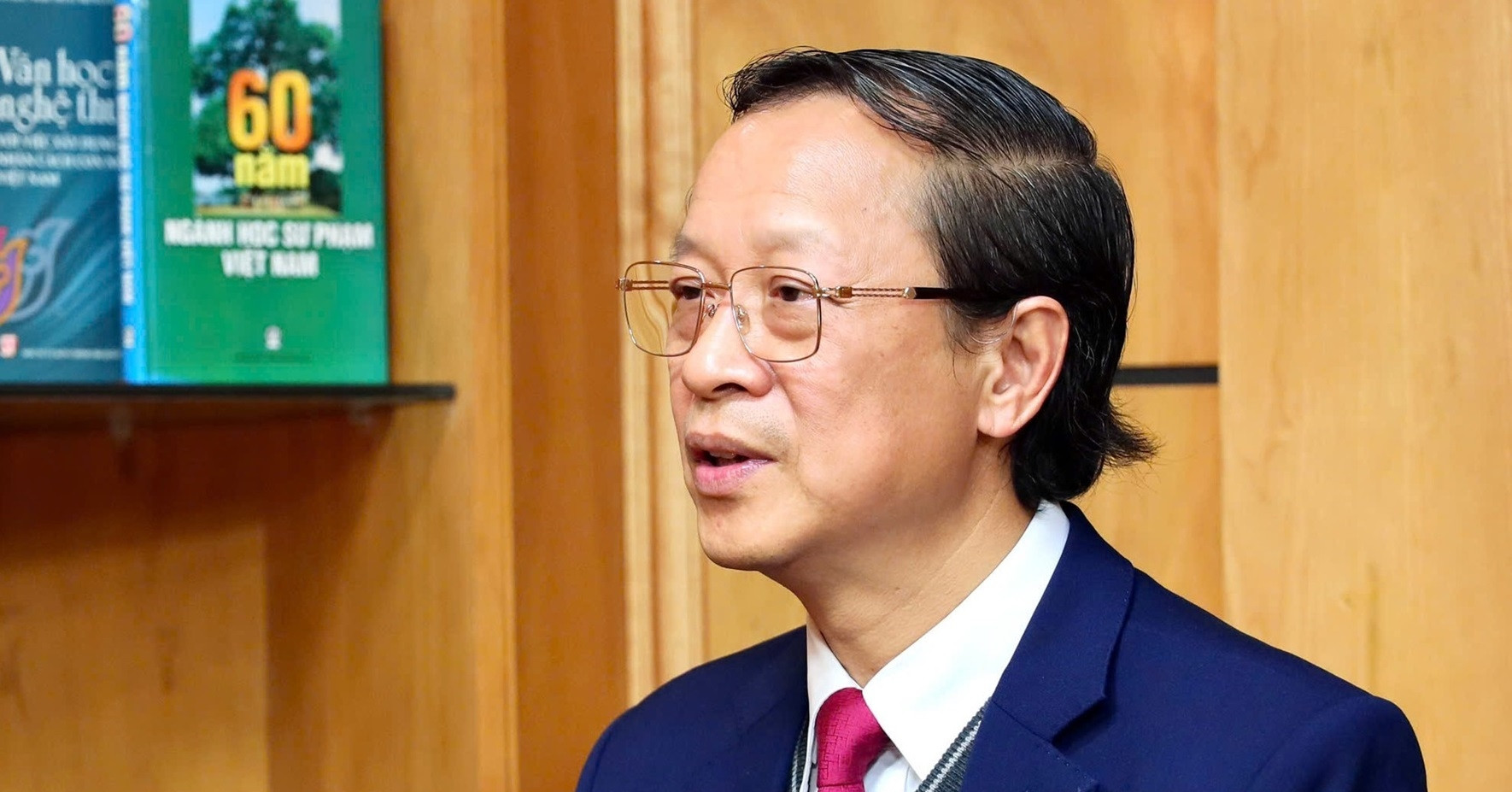


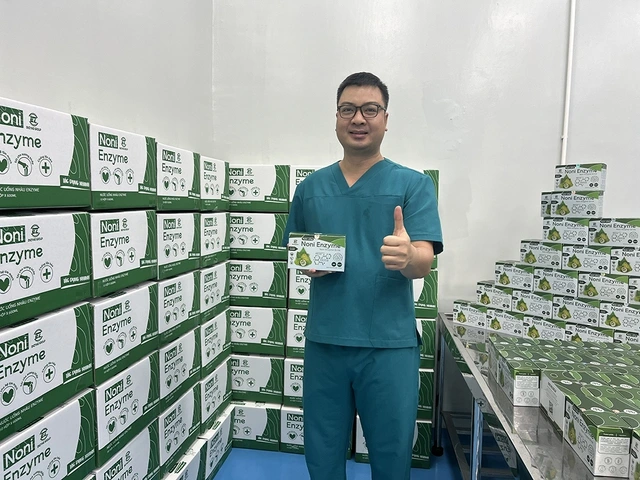









Comment (0)